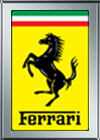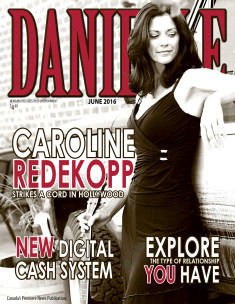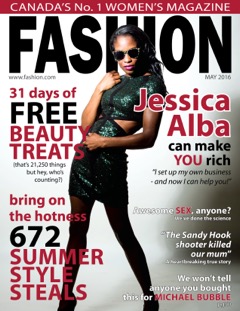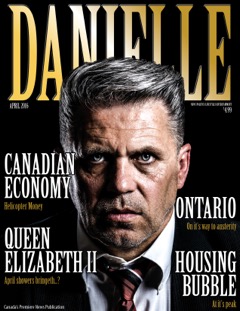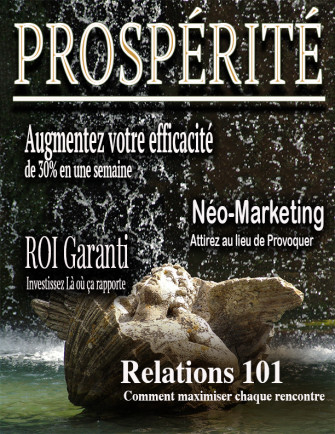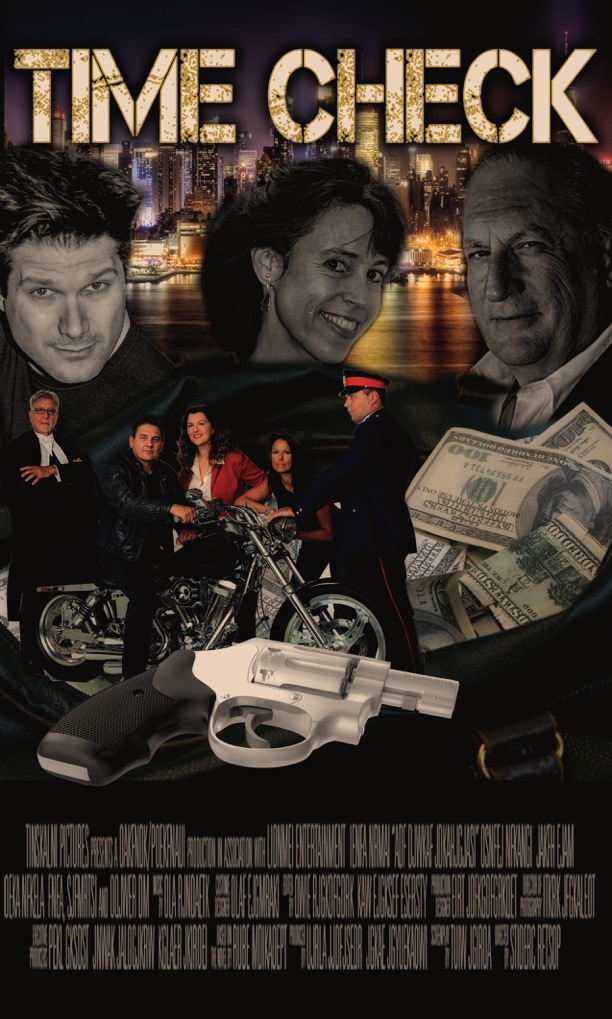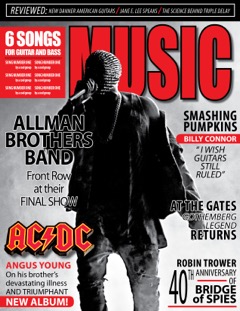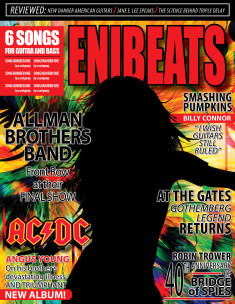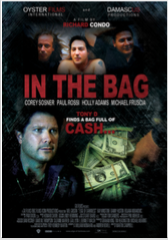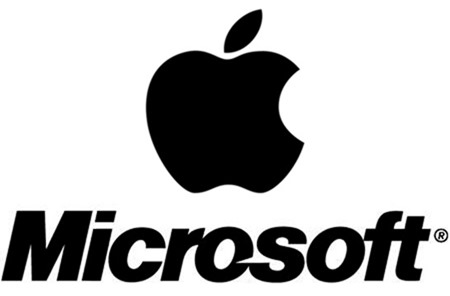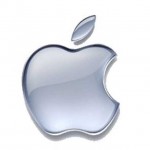Good morning! Shari Kulha here with the news you can use before the day really gets rolling. Today we’ve got a breakfast-blend of offerings, starting with an interesting twist in the Trans Mountain story.
‘RANK HYPOCRISY’
The British Columbia Investment Management Corp. — which manages the pension funds for B.C.’s public sector workers (and thus for Premier John Horgan as well) — owns various stakes in the oil and gas industry, Geoffrey Morgan

reports, including US$18 million in the U.S. pipeline company Kinder Morgan. Ironically, Horgan has vociferously been battling Kinder Morgan in the war against its expansion of the Trans Mountain pipeline, even as BCI has been increasing its holding in the company.PLYING OUR TRADE
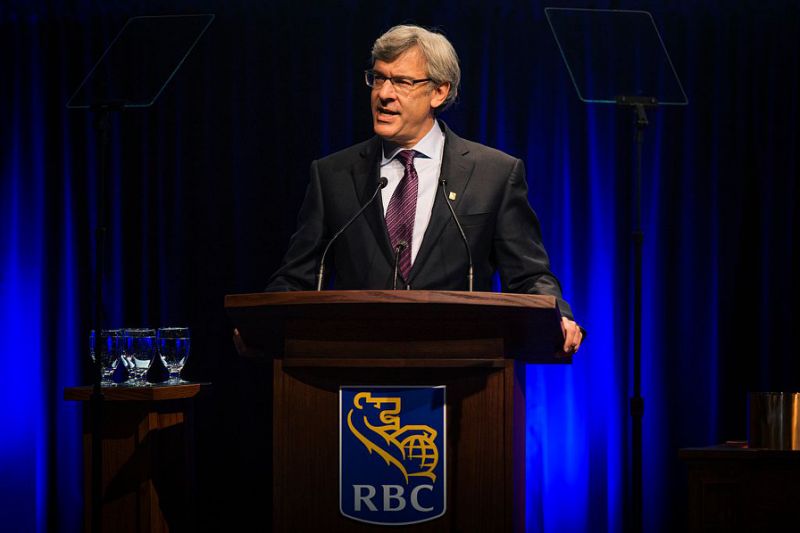
Canada faces a competitiveness challenge that must be addressed with “tremendous urgency,” reiterates RBC CEO David McKay. “The U.S. has moved the yardsticks. So has China, in a different way. It’s clear we can’t afford to stand still.” Though corporate tax rates are part of the problem, “much bigger challenges” exist, he says.
HEATING UP
Canada’s traditional grocery stores continued to lose food market share to Walmart and Costco in 2017, a new report says. Sales of food at traditional grocery and convenience stores were flat last year, while food sales at general merchants — a group that includes Walmart, Costco and Dollarama — were up 15%, Hollie Shaw reports. 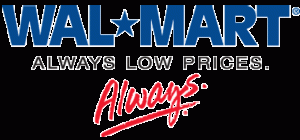
THE ORACLE ORATES
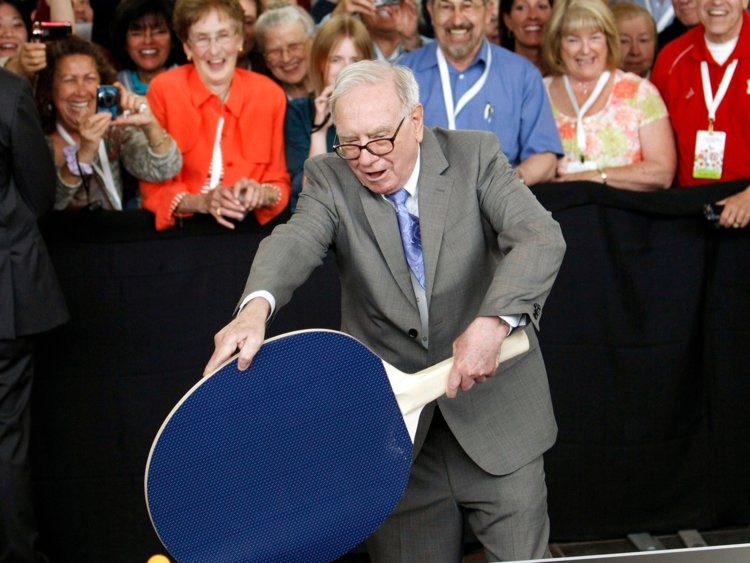
At the Berkshire Hathaway AGM, the world’s most famous investor had lots to say about tech stocks, cryptocurrencies, trade relations and, of course, where to find value. As David Dias writes, Warren Buffett once again talked up Apple, saying he will probably be increasing his share from five to six or seven per cent. He also said he’d continue to hold on to his $108-billion cash pile rather than spread the wealth to shareholders.
A-GRANDE-FULL-CAFF-WITH-WHIP DEAL
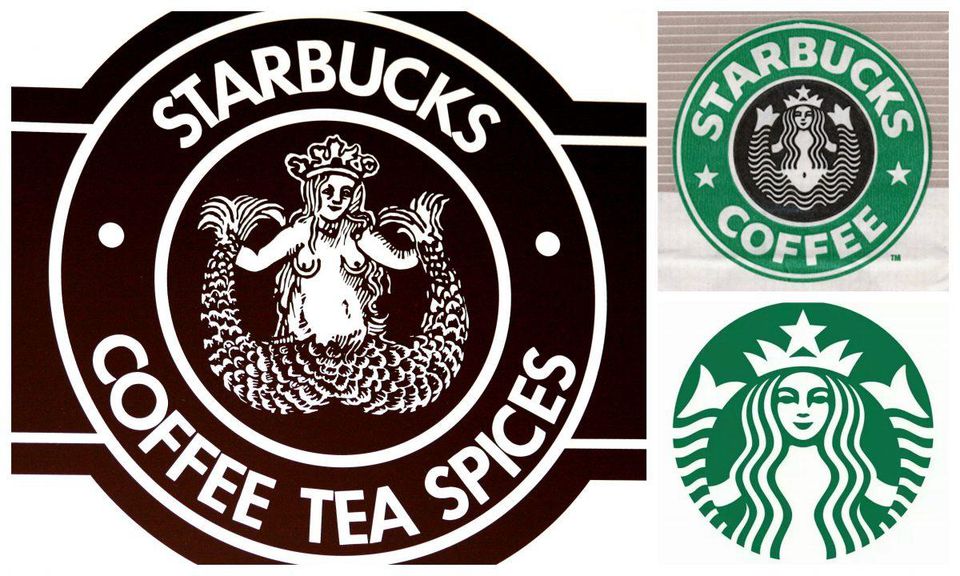
In the third-biggest transaction in Nestle’s 152-year history, the Swiss food giant will spend US$7.15 billion for the right to market Starbucks-branded products, melding its international distribution network with the biggest name in java. With last year’s sales having risen at the weakest pace in more than two decades, Nestle will use Starbucks’ name recognition in the U.S., where Nestle has struggled with its own products, such as Nespresso and Dolce Gusto.

